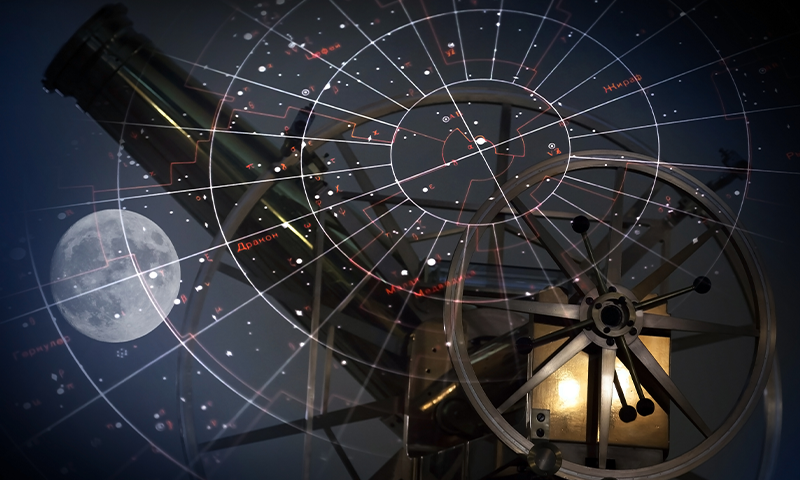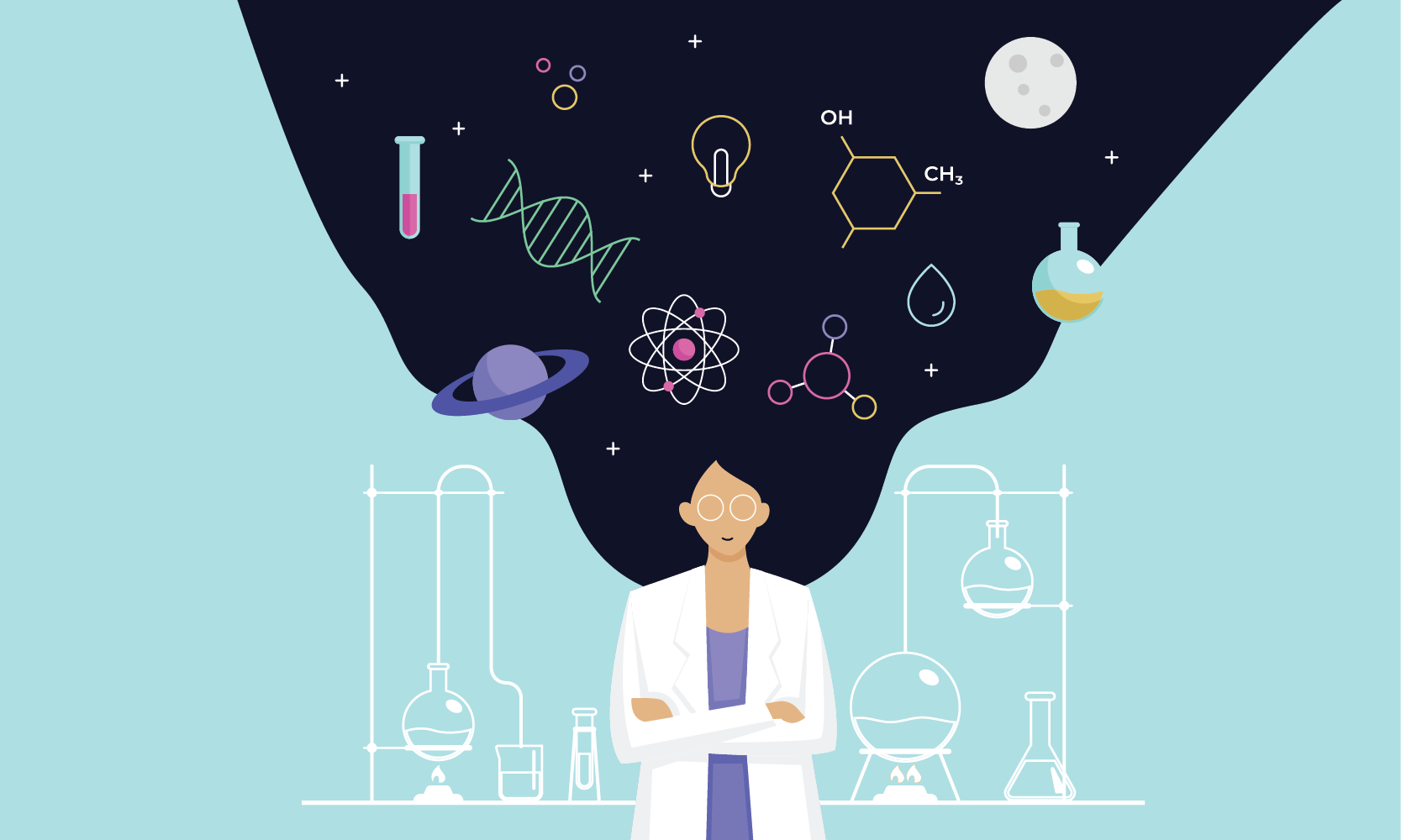To call David Deutsch a physicist is both completely accurate and woefully incomplete. Certainly, his work has sparked at least one vibrant subfield of physics. But, as he explained to me when I visited him at his Oxford home, his drive to dig more deeply into the foundations of physics has spurred a broadening of his thinking outwards. This was amply evident during our conversation, during which Deutsch had a thoughtful reply at hand for every topic I could think of. He believes that an attitude towards truth-seeking based on testable hypotheses is not just the kernel of the scientific method, but also the path to indefinite improvement of every aspect of our lives, including morality and aesthetics. We invite you to meet one of today’s clearest and most insightful science communicators, both through this video and his Nautilus essay, “Why It’s Good to be Wrong.”
What is “fallibilism”? 0:06
Are you asking us to be comfortable with uncertainty? 1:44
How can we live without a foundation? 3:53
Have you had run-ins with authority? 6:12
Are you an optimist? 7:29
Is there a “most foundational” theory? 8:23
How do you explain the rise of “the expert”? 10:09
What is “objective beauty”? 12:56
What do you mean by “aesthetics can improve”? 13:55
What is “moral progress”? 17:09
Speaking of TV, why do you like House? 20:19
When did you discover your hero, Karl Popper? 24:05
When did you first get interested in physics? 28:07
What would you be if not a physicist? 28:41





